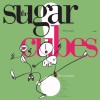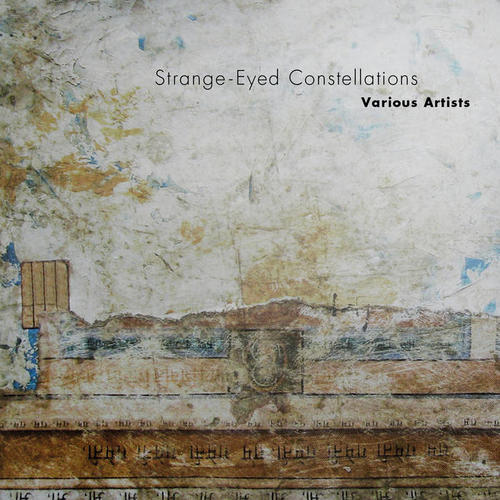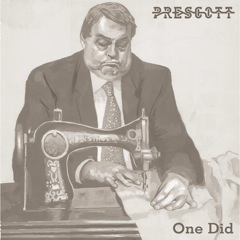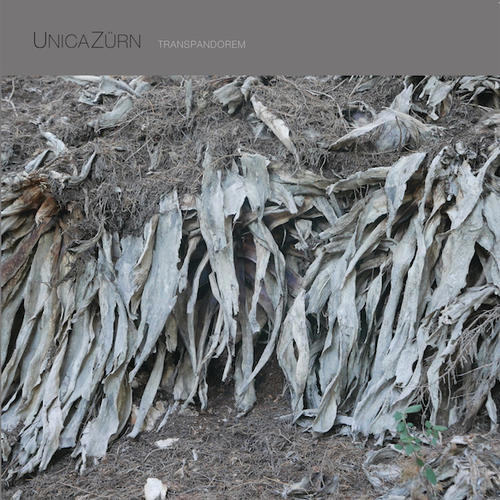 It is more difficult to write about The Sugarcubes‘ Life’s Too Good than I had anticipated. Although I know the record well, played it endlessly throughout my mid-teens and still find it to be a really good listen, it is hard to say any more about it than has been said elsewhere.
It is more difficult to write about The Sugarcubes‘ Life’s Too Good than I had anticipated. Although I know the record well, played it endlessly throughout my mid-teens and still find it to be a really good listen, it is hard to say any more about it than has been said elsewhere.
There is something very important about the music you find in your teens, the songs that help you to find out about yourself. The soundtrack to young love, first experimentations and the emergence of self-definition — the poignancy of belonging to a scene, being the weirdest kid at school, listening to the most outlandish music, wearing provocative clothes. Standing out from the crowd was an act of rebellion and The Sugarcubes were the rebellious freaks that I wanted to emulate. Björk Guðmundsdóttir‘s dresses and big boots and shaggy bob and the band’s colour clashing image was an antidote to the drab, somewhat goth-influenced indie scene, their sound an escape from the seriousness of most British and American indie music; playfully defying convention and demanding to be danced to.
I was not so awed by their Icelandic-ness as I was by the spell cast by Björk’s voice and by the discordant, hectic rhythms that sunk into my brain slowly and then refused to leave. That tenacity remains and though I had not listened to this record much in the last twenty years, the memory of these melodies and the infectious joy that I felt the first time around come back to me time and again.
The Sugarcubes split in 1992 and though Björk continues to innovate and astound with her solo projects, musically and culturally there is something so deeply engaging about the youthful exuberance — the sheer determination — of Life’s Too Good that continues to make it iconic and compelling in ways that only first albums by exciting new voices can. As with many of the recent re-releases of golden-age indie records, there will undoubtedly be a certain cachet attached to owning this pretty green vinyl record and if you loved The Sugarcubes then, or want to grab a piece of history now, then it might indeed make a nice addition. But unlike other re-releases you’ll find no easter-egg bonuses, no extra tracks or long-forgotten gems. Of course you could argue that this album is a gem in its own right, something worth having around to revisit and enjoy long into the future, a piece of magical musical history that remains as exciting today as it did in 1988.
-Arwen Xaverine-



